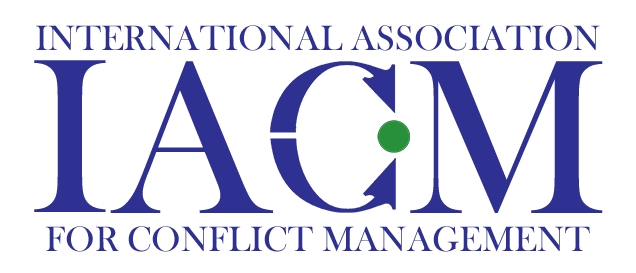Double-Edge Swords: Factors that Induce or Prohibit Prosocial and Ethical Behavior
Keywords: prosocial behavior, ethics, negotiations
Abstract: The present symposium will explore the tension between prosocial (and ethical) behavior and selfish (unethical) behavior across a variety of contexts (i.e., charitable giving, interpersonal contexts, work-place contexts, and negotiations). We explore how and when different states (e.g., environments that allow for more or less choice) and traits (e.g., strategic-thinking) may promote either type of behavior. Importantly, all of these papers provide novel investigations into how each specific factor that was previously thought to either promote or inhibit ethical behavior may, in fact, have the power to do both.
Sam Skowronek, University of Pennsylvania
samsko@wharton.upenn.edu
Maurice Schweitzer, University of Pennsylvania
schweitzer@wharton.upenn.edu
Alex Van Zant, Rutgers University
alex.vanzant@rutgers.edu
Laura Kray, University of California, Berkeley
kray@haas.berkeley.edu
Jessica Kennedy, Vanderbilt University
Jessica.Kennedy@owen.vanderbilt.edu
Maryam Kouchaki, Northwestern University
m-kouchaki@kellogg.northwestern.edu
Samantha Kassirer, Northwestern University
samantha.kassirer@kellogg.northwestern.edu
Nir Halevy, Stanford University
nhalevy@stanford.edu
Shilaan Alzahawi, Stanford University
shilaan@stanford.edu
Jennifer Dannals, Dartmouth College
Jennifer.E.Dannals@tuck.dartmouth.edu
Rebecca Schaumberg, University of Pennsylvania
rlschaum@wharton.upenn.edu
Nicholas Hays, Michigan State University
hays@broad.msu.edu
